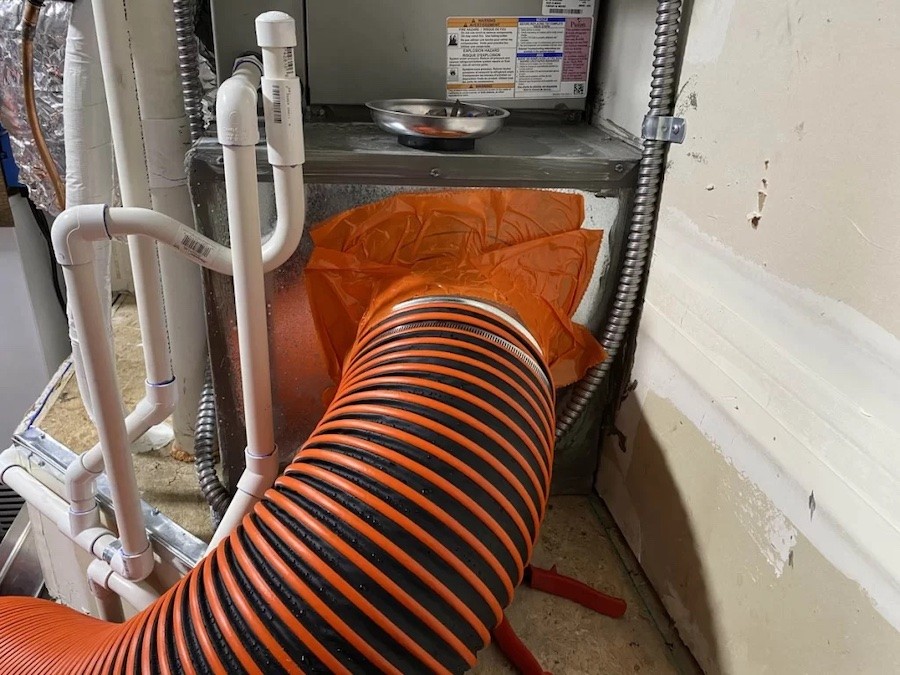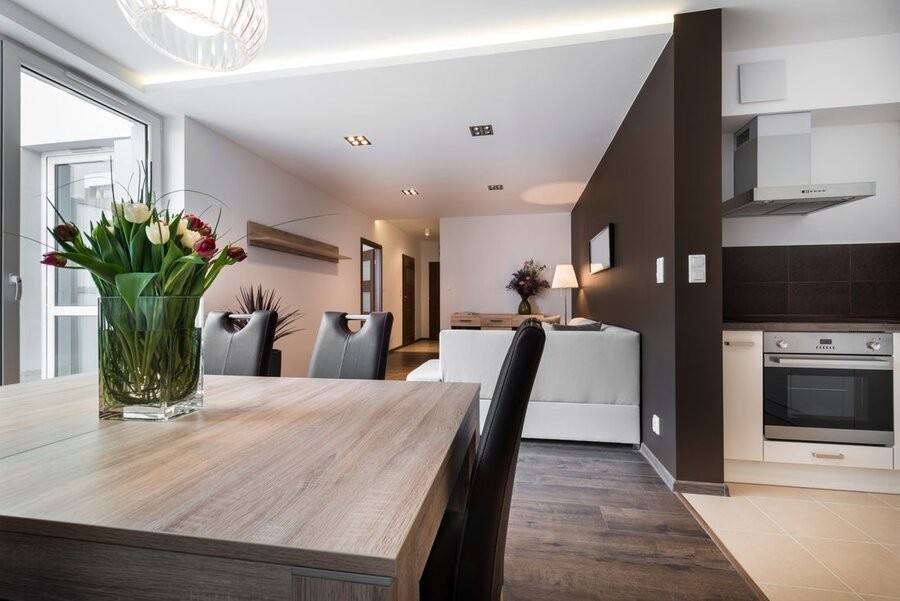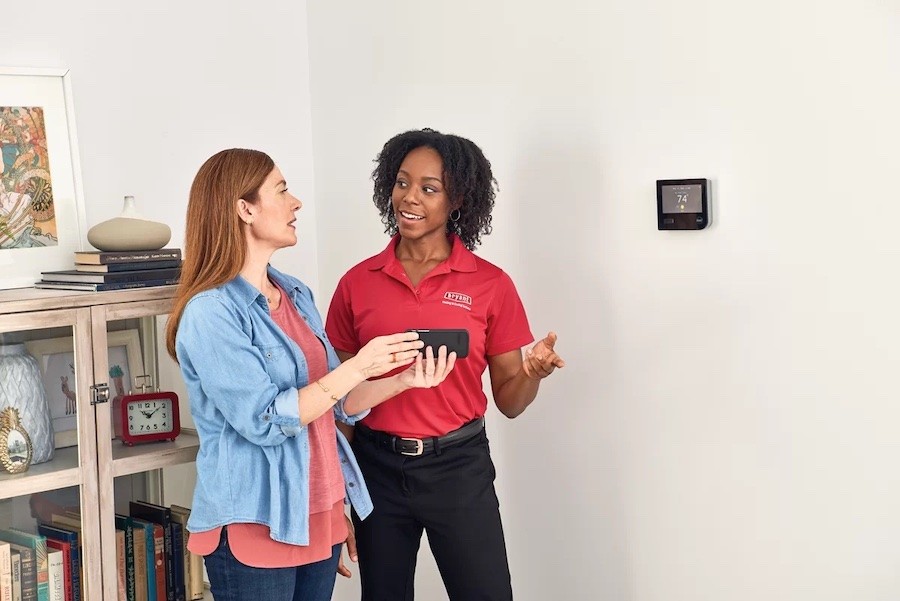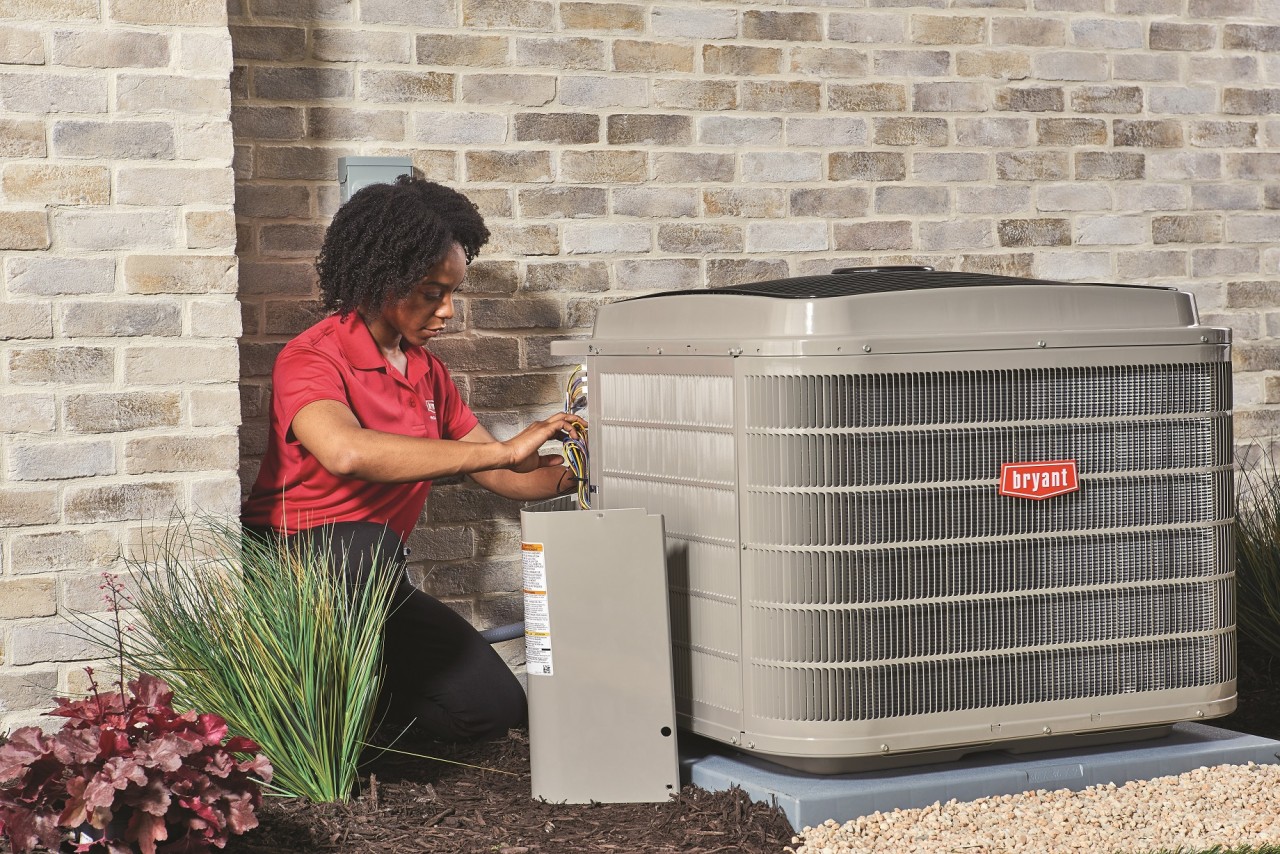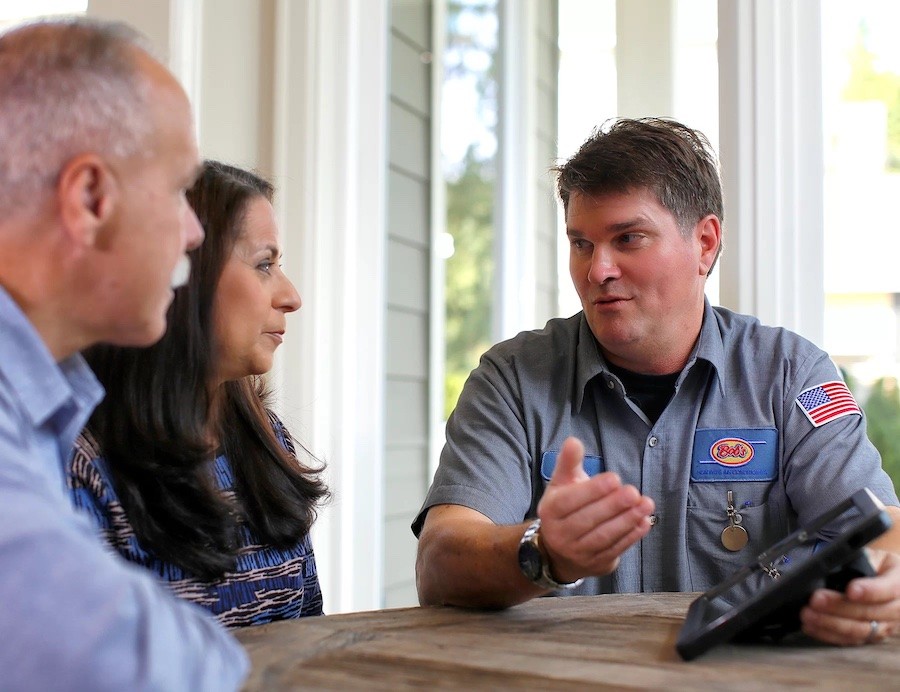With spring fast approaching, it's time to consider optimizing your home for the upcoming warm weather. One sure way to make indoor living more comfortable year-round is to invest in air conditioning. With increasing temperatures, there are several reasons why having an air conditioner installed is beneficial, from improved health and comfort levels inside your home to better energy efficiency ratings when using modern systems. Learn more about AC installation and discover three reasons for installing your air conditioning this spring.
What to Know About AC Installation
Adding an air conditioner to your home comes with several benefits—and not just during the warmer months. If you're wondering how much AC your home really needs, consider the following questions:
- What type of AC system is suitable for my home?
- How powerful should the unit be, and what size do I need?
- Are there any additional features or accessories I should consider?
A Bob's Heating sales representative can help you find answers to these questions when you're looking to decide on the best air conditioning system for your home.
Once you commit to adding an air conditioner or heat pump to your home, consider the following reasons to have the installation completed before summer arrives.
Beat the Rush
Planning to install an air conditioner in your home should be done well before the summer heat arrives. Many of the best AC contractors are booked during summer when demand is highest, so scheduling an installation in spring provides you with plenty of extra time and better access to inventory options.
